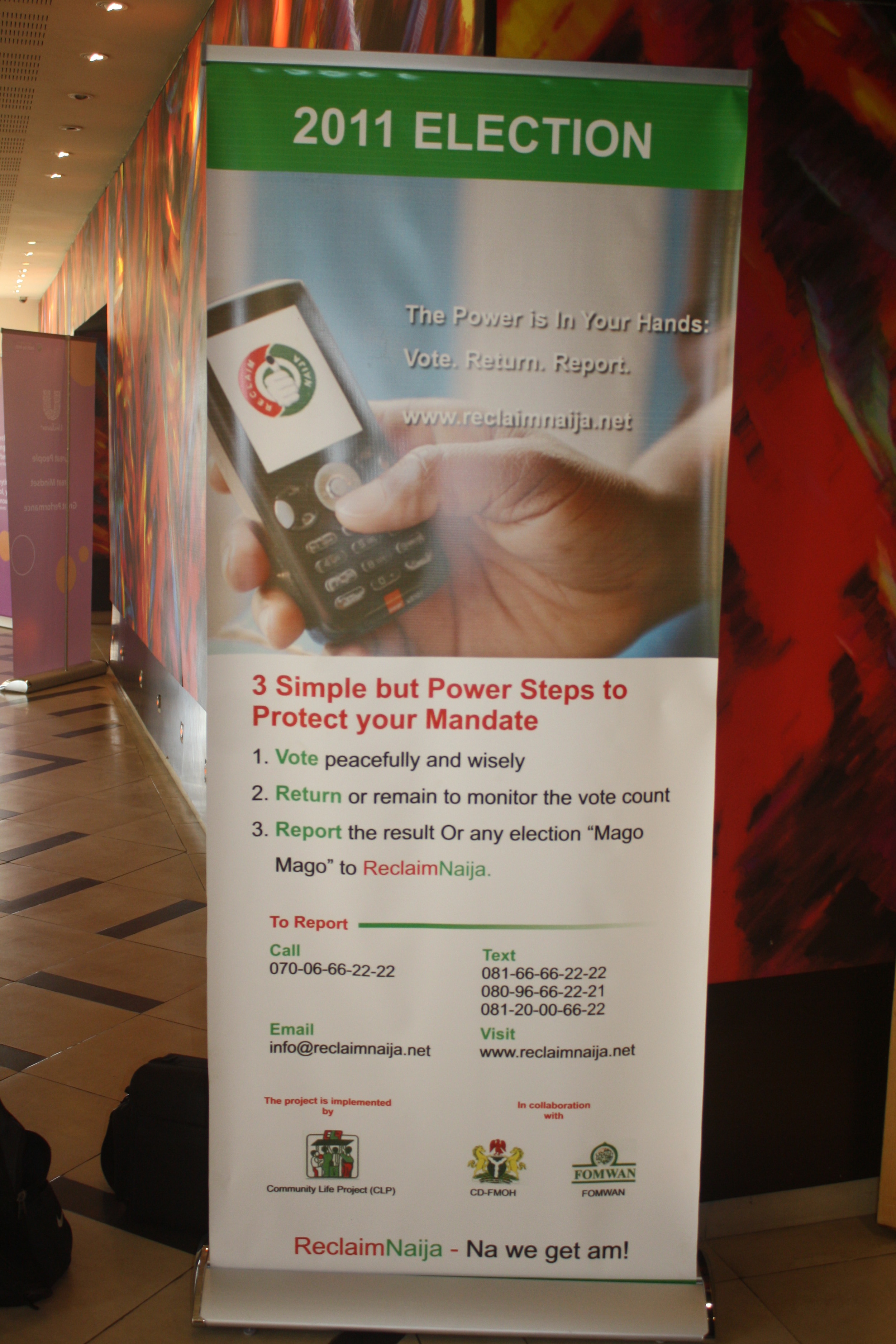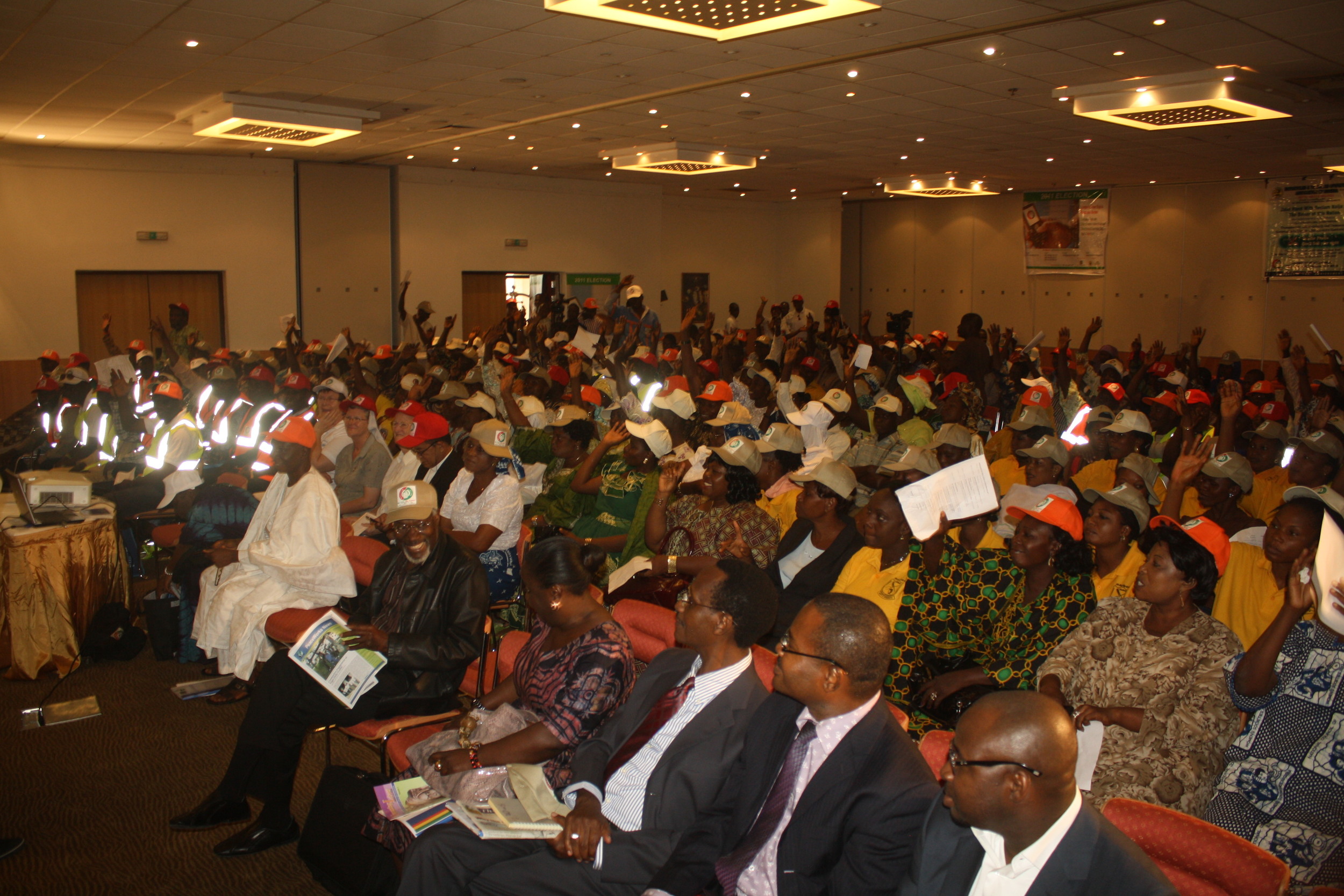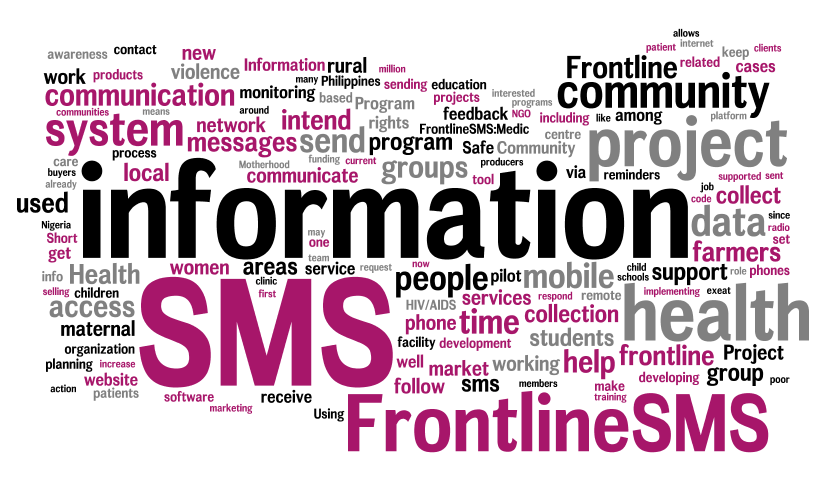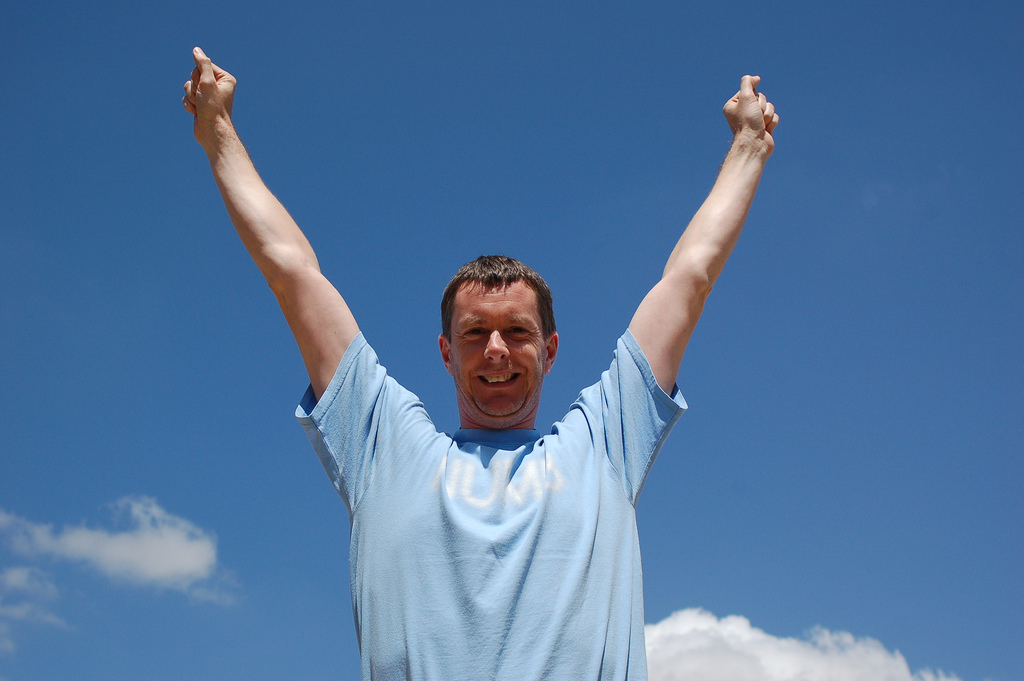caption id="attachment_6572" align="alignright" width="300" caption="FrontlineSMS being used in Malawi health project. Photo credit: Josh Nesbit, Medic Mobile"] By Nsonje Siame, Community Project Assistant
By Nsonje Siame, Community Project Assistant
Here at FrontlineSMS we love seeing our software being put to good use in social change projects across the world, so we have decided to run a FrontlineSMS user photo competition! The photos will help us to more effectively represent FrontlineSMS users’ valuable work to wide audiences. Through your photos we also hope to learn more about the many wonderful ways in which you, our users, utilise FrontlineSMS software. Five of the best submissions will be selected to be the lucky winners will receive a FrontlineSMS T-shirt too!
FrontlineSMS is used in over 70 countries for projects as varied as election monitoring in Nigeria, helping provide timely diagnosis for malaria cases in Cambodia, and distributing market prices in Indonesia. Now we want to see how you use it.
The types of photos we would love to receive from you are:
- Any photos which show someone in front of a computer or laptop, preferably with FrontlineSMS visible on-screen and the phone or modem connected
- People reading and sending text messages
- Group training sessions based on using FrontlineSMS
- A demonstration of the context in which FrontlineSMS is used, for example photos of use of FrontlineSMS at a community radio station, or at a healthcare clinic or in a classroom
- Individuals or groups of people raising their arms in the air, doing the FrontlineSMS logo o/
- Anything which actually shows FrontlineSMS in the shot is a real bonus!
The best photos we receive will be featured here on our website and on the FrontlineSMS Facebook page. They will also potentially be used in high profile places to represent FrontlineSMS use, such as in printed articles, chapters in relevant books and in our National Geographic blog series, Mobile Message. Full credit will of course be given for any photographs used, thus providing winner’s projects with some valuable exposure.
Furthermore, as mentioned, we will be selecting five lucky contestants to win FrontlineSMS T-shirts too!
How to enter:
If you would like to enter this competition please send photos to florence@frontlinesms.com as soon as possible, but by Tuesday 31st May at the latest. Please ensure you include details of how you would like the photos credited, and what you would like the captions to be. Captions should preferably include details of where and when photo was taken, and a description of what the photo shows.
We ask that all photos be high resolution wherever possible (this means sending us the camera original photograph files, uncompressed). If you are unsure if your photos fit this criteria please do send them along anyway!
We will announce the winners of the competition at the beginning of June 2011.
Terms and conditions:
- You must only submit photographs which you own rights to or have full permission to use.
- You have responsibility to send along full credit information, plus any licensing information which could potentially limit use of photographs by FrontlineSMS.
- By sending in your photos you are giving FrontlineSMS permission to use these photos online and in relevant publications. Photos will always be credited wherever used. If you would like the use of your photos to be limited please state this when you send photos along to FrontlineSMS.

















